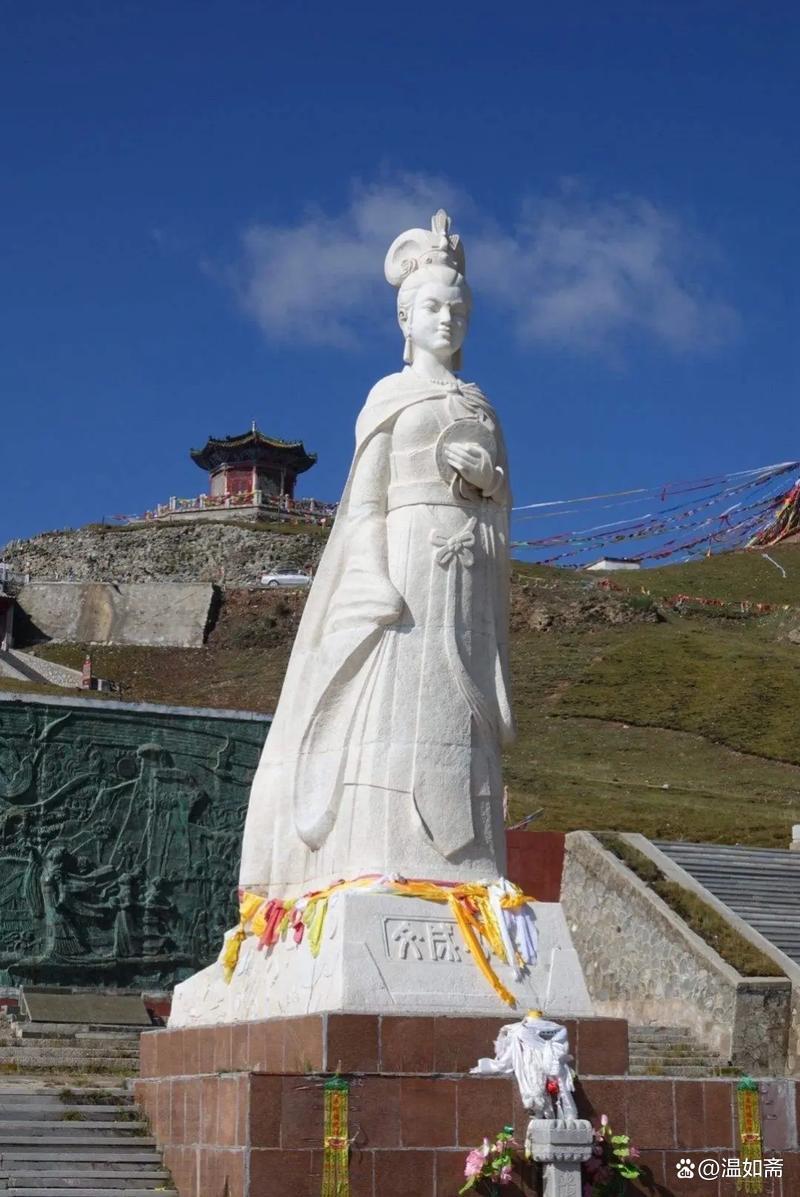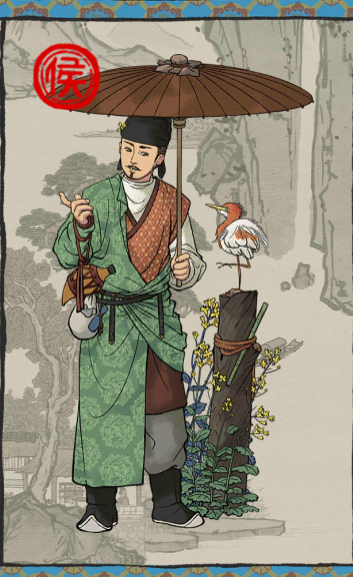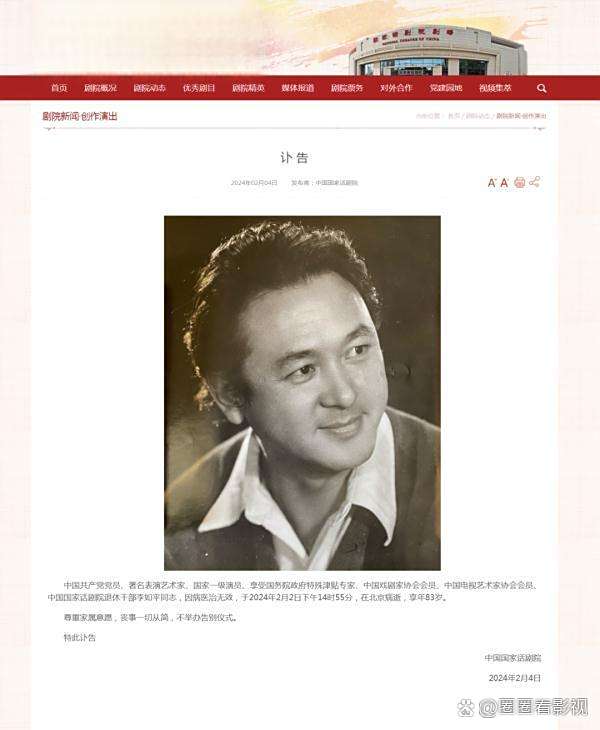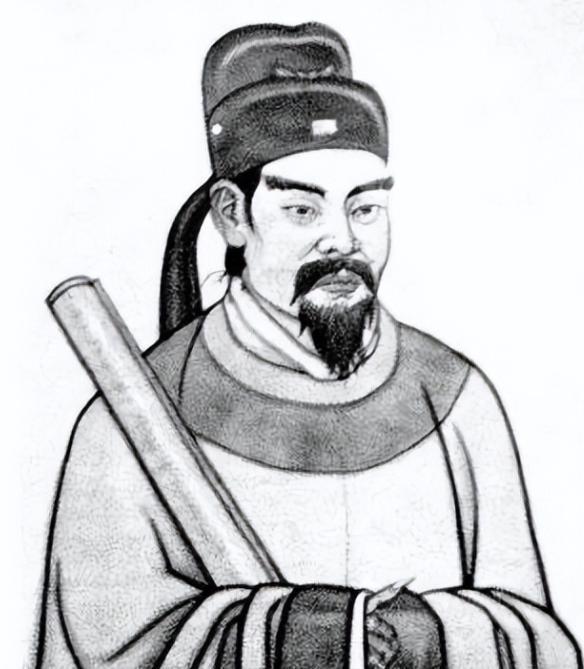Xue Tao was one of the four great female poets of the Tang Dynasty. She is exceptionally talented and has a beautiful appearance, which makes poets all over the world proud to associate with her. However, surrounded by numerous outstanding talents, she remained unmarried throughout her life. What’s going on? Next, the editor of the History Encyclopedia will bring you the truth about history. Let’s take a look together!
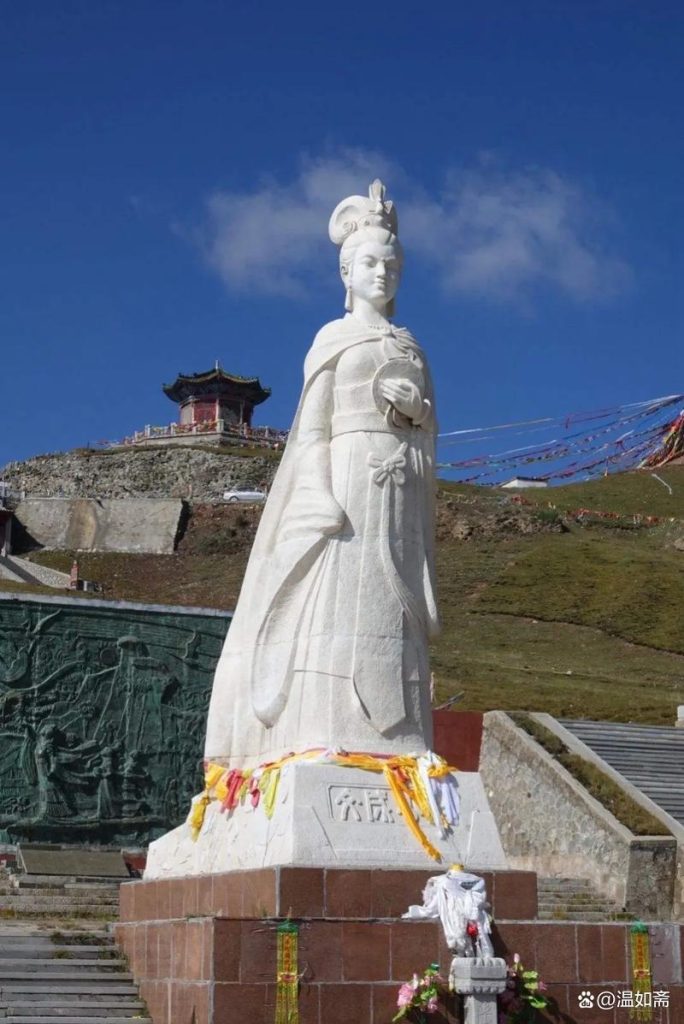
Xue Tao was born into an official family and was from Chang’an.
Her father Xue Yun was an official in the capital city. Due to his straightforward nature, he offended the court and was demoted to an official position in Chengdu, Sichuan. Xue Tao and his mother, who were young, also accompanied him.
Due to Xue Tao’s cleverness and intelligence, he was regarded as the apple of Xue Yun’s eye from a young age. In addition, Xue Yun only had this woman under his knee, so in his spare time, he personally taught Xue Tao how to read and write.
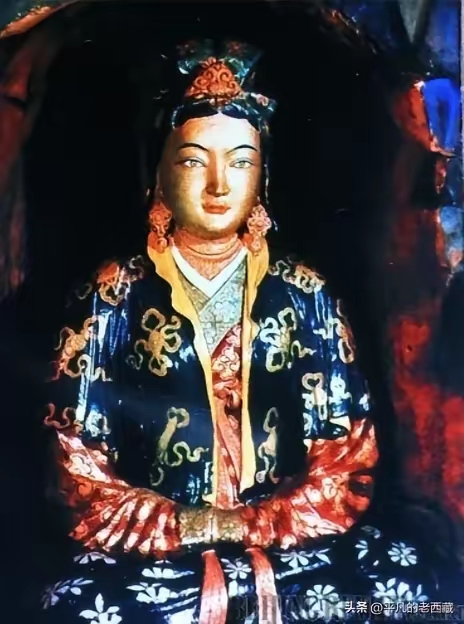
Under Xue Yun’s education, the intelligent Xue Tao was able to read poetry at the age of 8, demonstrating exceptional talent in poetry.
However, when Xue Tao was 14 years old, Xue Yun died of illness while in office.
Xue Tao and his mother can only rely on each other for survival, and their stable life will never return.
With the decline of their family and no source of livelihood, Xue Tao and his mother gradually fell into a difficult situation in life.
In order to make a living, Xue Tao had no choice but to become a geisha with a charming and alluring appearance.
Xue Tao, who is skilled in poetry, music, and eloquence, not only writes poems in response to the occasion, but also plays and sings to entertain people. In addition, she is naturally beautiful, so she quickly became a popular figure in the entertainment industry.
In 785 AD, Wei Gao was appointed by the court and went to Sichuan to serve as the military governor of Jiannan and Xichuan.
Wei Gao heard that Xue Tao had a decent background and outstanding poetic talent, so he took advantage of the banquet at the General’s Mansion to invite her to serve wine and compose poetry.
During the meal, the poet Wei Gao intentionally asked Xue Tao to improvise poetry.
Xue Tao didn’t refuse either, he waved his ink in one go.
Upon seeing it, Wei Gao exclaimed in amazement and spread it to the four others, who all praised it greatly.
Xue Tao, who became famous for his poetry, became the perfect choice for every banquet in Wei Gao. He drank wine, wrote poetry, played music to entertain, and captivated countless guests.
With the deepening of communication and trust, Wei Gao gradually handed over some paperwork to Xue Tao.
Xue Tao not only has a good hand at calligraphy, but also writes her official documents in a clear and organized manner, with outstanding literary talent, which greatly appreciated Wei Gao.
Wei Gao sighed at Xue Tao’s bumpy fate. One day, he had a sudden idea and petitioned the court to appoint Xue Tao as the chief scribe.
However, due to the feudal society’s disdain for women, and the fact that the position of Colonel Shulang, although only a ninth rank official, has extremely high requirements for the knowledge of the officials, often only those who pass the imperial examination can obtain such a position. Therefore, the court did not agree to Wei Gao’s request.
However, this matter quickly spread and some people who knew about Xue Tao’s talent believed that she was fully deserving of such a position. So she was given a nickname – girls’ school book.
Although Xue Tao is only a musician, some officials who seek to meet with Wei Gao know that she is a popular figure around Wei Gao. Therefore, they all went to her doorstep, giving her gifts and bribes, hoping that she could speak a few words of goodwill for them in front of Wei Gao.
Xue Tao accepted all the gifts sent by others, but turned around and handed them all over to the treasury.
Unexpectedly, this move made Wei Gao furious. On the one hand, Wei Gao’s anger towards Xue Tao’s self proclaimed behavior tarnished his reputation as a military governor; On the other hand, Xue Tao was too flamboyant and forgot his identity.
So, Wei Gao, who turned his face faster than flipping through books, disguised Xue Tao as a military performer and exiled him to the bitter northwest region of Songzhou.
Xue Tao didn’t expect disaster to come from the sky and was filled with fear. Along the way, we saw another chaotic scene of war and chaos, and tears streamed down our faces. Along the way, we wrote the touching and poignant “Ten Departure Poem”, cleverly expressing our inner regrets in the poem.
After seeing those poems, Wei Gao felt sorry for Xue Tao’s poetic style, so he changed his mind and called her back to Chengdu.
Afterwards, Xue Tao continued to be summoned to the mansion to serve wine and compose poetry, but he never acted recklessly again.
As Xue Tao’s reputation grew, many poets came to admire her and eagerly sought to associate with her. I take pride in singing along with her in poetry and prose. Among them, well-known figures include Bai Juyi, Du Mei, Liu Yuxi, Zhang Ji, and others. In addition, she also gained a large number of fans, including children of aristocratic families.
It can be said that Xue Tao has a high-end circle of friends, and there are many talented young people who admire her.
If Xue Tao wants to get rid of his background as a musician, he can choose a powerful and influential person to marry. However, literary young woman Xue Tao believes that having power and influence can help her break away from her background as a musician, but it may not necessarily make her happy. What she wants is someone who can deeply connect with her soul.
But where can we find such a person?
As a result, due to Xue Tao’s refusal to lower her standards for choosing a spouse, her years were wasted year after year in the years of serving wine and composing poetry. Whenever the melody fades away and the red candle sways, the lonely Xue Tao always turns his loneliness into poetry and stubbornly compares himself to the green bamboo, unwilling to yield to reality.
(Langzi Yuan Zhen)
In 809 AD, Yuan Zhen, a 31 year old censor, was sent to Sichuan as an envoy. At this time, Yuan Zhen was not only successful in his career, but also flourishing in the poetry world.
Yuan Zhen admired Xue Tao’s poetry for a long time and took the opportunity to meet her at work.
At this time, Xue Tao is also 42 years old. Just when she thought she was indifferent to male pleasure and female pleasure, and prepared to live a single life, she changed her mind from the moment she met Yuan Zhen.
On the one hand, Xue Tao greatly admired Yuan Zhen’s insight and talent in poetry and prose, so the two had a very close conversation; On the other hand, Xue Tao also longed to seek a home, while Yuan Zhen had recently lost his spouse and had not yet remarried.
Young and handsome, powerful and talented. What else is Xue Tao dissatisfied with?
Yuan Zhen was also pleasantly surprised by Xue Tao’s talent in poetry, and pitied her bumpy experiences. Therefore, the two of them sympathized with each other, and under the moon and flowers, they recited poetry and wrote poems, feeling very happy.
However, three months later, with a transfer order, Yuan Zhen returned to Chang’an.
Before Yuan Zhen left, the two of them were reluctant to part ways and vowed to commit to each other.
After Yuan Zhen left, Xue Tao used years of savings to redeem her identity as a musician and waited for Yuan Zhen to come and take her back to Chang’an.
However, at first there were still geese passing on messages, but gradually the news faded away.
After waiting for too long, Xue Tao finally found out that Yuan Zhen not only had married and taken concubines, but also fell in love with a singer named Liu Caichun.
Xue Tao suddenly realized that Yuan Zhen had never considered marrying her. Her deep affection and love, in Yuan Zhen’s eyes, were just a play and a fleeting pleasure.
Xue Tao, who was completely disheartened, moved his home to Bijifang on the outskirts of the city. From then on, she tied up her red gauze and blue skirt in the high pavilion, wearing only a Taoist robe and reading and writing poetry in seclusion. In loneliness, she spent her gloomy life.
(
